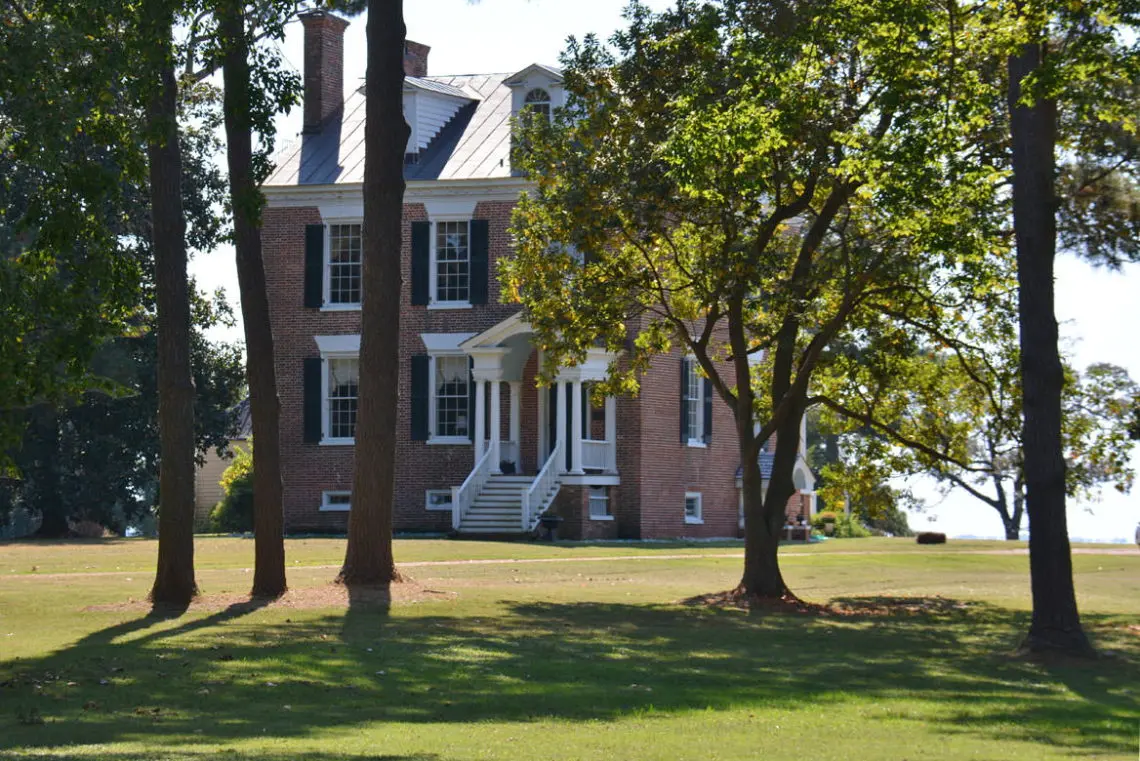The town of Plymouth became the first incorporated town in Washington County in 1787 when Arthur Rhodes divided 100 acres of his Brick House Plantation along the Roanoke River into lots. In its heyday, it was the fifth-largest port in North Carolina and the eight-largest town, and citizens thrived for a time before the Civil War.
Named for Plymouth, Massachusetts, when it was founded, Plymouth is nonetheless best known for the role it played in a war that took place 240 years after the Pilgrims stepped ashore. The Civil War came to the Roanoke River Valley with a vengeance, and Plymouth was the center of a land and sea campaign that wreaked havoc on the town and countryside for two years.
Plymouth was vital to the Confederates due to its strategic location at the mouth of the Roanoke River, a transportation link to Lee's Army in Virginia. To regain control of the river after it fell into Union hands in 1862, the Confederates built the ironclad CSS Albemarle, which promptly cleared the river of wooden Union ships and recaptured the town. The victory was short-lived, however, when a Union Lieutenant came up with a daring plan that would go down in the annals of naval warfare.
Lieutenant William Cushing loaded a small boat with explosives, and under cover of night, headed up the river under heavy Confederate gunfire. He managed to guide the boat up to the Albemarle and drop the explosives beneath the hull of the ironclad, which promptly exploded, sending the Albemarle to the bottom and Cushing into the river. He swam to safety, and two days later, Plymouth was once again in Union hands.
Sound Feet Shoes is family owned and operated. Sound Feet has been in the retail shoe business for over 72 years, opening their first store in 1953. They provide the best customer service and are the only Outer Banks’ area full service shoe...
Although small, the diverse and distinctive Elizabeth City has a world of opportunities that span all interests, many of which can be studied in detail at the acclaimed Elizabeth City State University. This institution, and home of the ECSU Vikings...
The Mullberry Hill house has been an acclaimed residence along the banks of the Albemarle Sound for centuries, and today, visitors in the market for an elite and relaxing stay can enjoy the unique Mulberry Hill Inn's undeniable charm and prestige...
The western-most county in the Albemarle Region, Halifax bridges the coastal plain and the piedmont. The Roanoke River, a colonial trade route linking the interior of the state with the Albemarle Sound, brought the towns of Halifax, Weldon, Roanoke...




